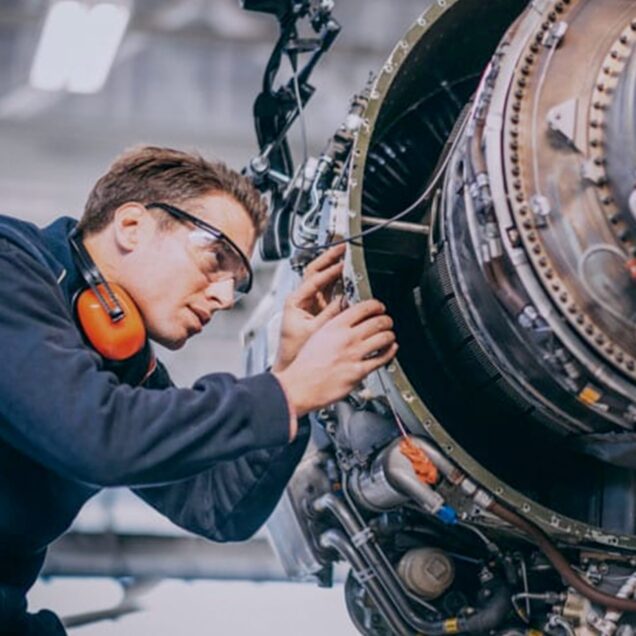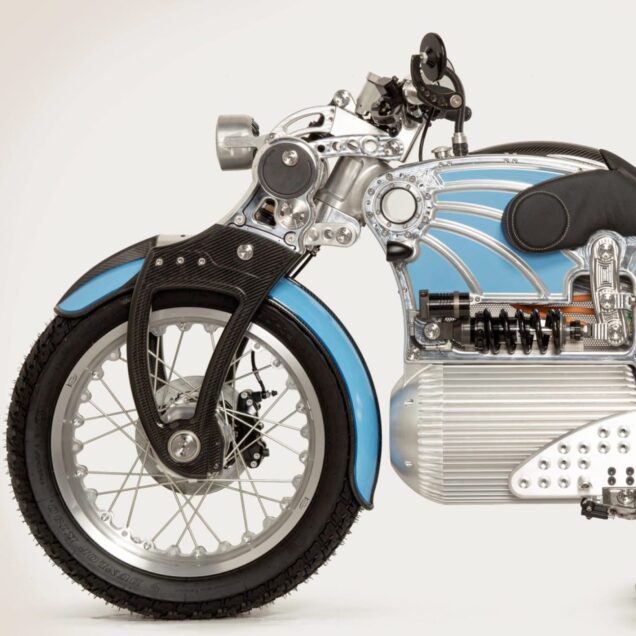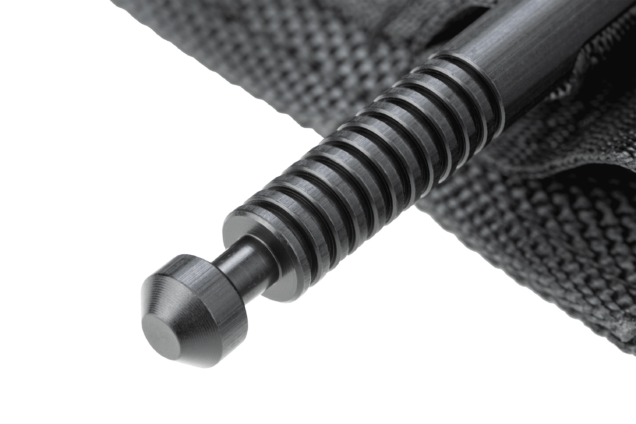Making superior recovery possible
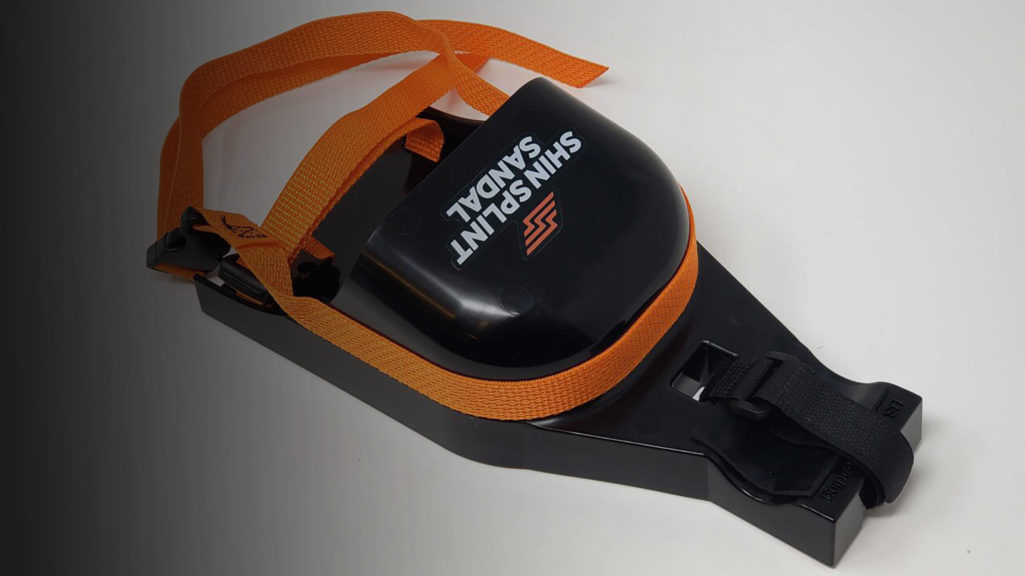
Flip Rehab had an idea and design for a novel solution to a common physical ailment: the Shin Splint Sandal. As a new business learning the manufacturing process, they came to Fast Radius for help bringing this idea to life and ultimately scaling production.
the challenge
Taking a new physical therapy solution to market
Flip Rehab needed manufacturing experts to create Shin Splint Sandal prototypes and move into production. With Fast Radius, they found a partner to create prototypes, refine designs for manufacturability, and transition their product to injection molding.
Traditionally, the results from physical therapy for shin splints are equivalent to simply resting the leg muscles. One entrepreneur at Flip Rehab decided to create a solution that could improve results and make a bigger impact. Inspired by swimming flippers, they developed a product that conditions and strengthens the lower leg and shin muscles to improve recovery and reduce the risk of future injury. Thus, the Shin Splint Sandal was created – they developed an initial CAD model; however, making the model into a real product was difficult.
With the CAD model in hand, 3D printing was the natural next step, but there were a few barriers to overcome. First, the designer had no experience with 3D printing and needed an expert to help. Second, the initial prototypes measured 18 inches long – much too large for a hobbyist desktop printer – and needed additional design changes to be manufacturable. Fast Radius was a natural fit to provide design for manufacturing feedback and start printing the prototypes on industrial-grade 3D printers.
Fast Radius’ team optimized designs for manufacturability and began printing small numbers of prototypes with Fused Deposition Modeling (FDM). Through multiple design iterations and quick manufacturing cycles, the Shin Splint Sandal design was finalized, with a U.S. patent pending. Fast Radius’ team then helped adapt the design for injection molding, ensuring it can be mass-produced to the quality and specifications necessary for consumer use.
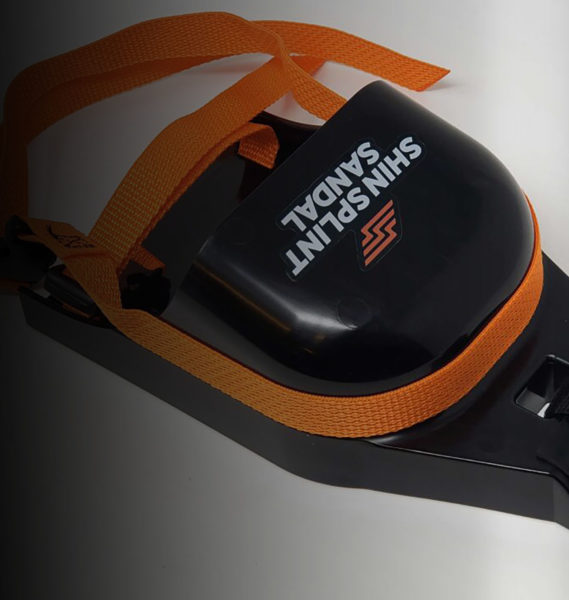
When you’re trying to create something new, it’s a huge advantage to have a true partner on your side. Fast Radius gave me the options I needed and had the resources to help me manufacture my product from start to finish.
making it possible
A manufacturing partnership from prototype to production
1. Rapid prototyping
Flip Rehab needed the opportunity for real-world testing to improve prototypes before determining a final design. With rapid manufacturing in Fast Radius’ FDM microfactory in the UPS Worldport facility in Louisville, prototypes were quickly produced and shipped to meet tight turnaround needs.
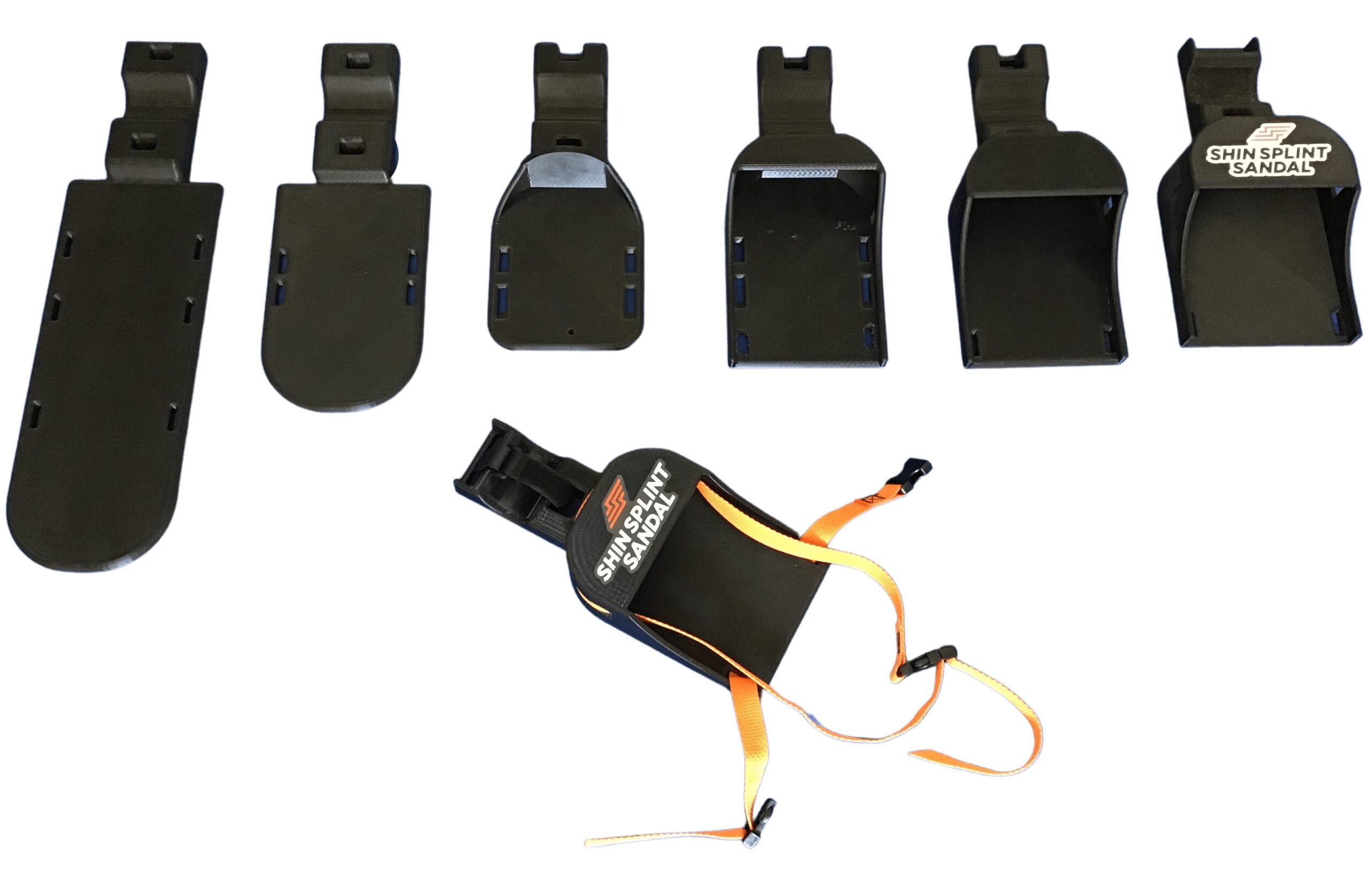
2. Ongoing design support
As a small startup, Flip Rehab needed external help refining FDM prototype designs for manufacturability. Fast Radius’ Customer Application Engineers provided hands-on support for each design iteration to ensure the prototypes would fit manufacturing standards and functional requirements.
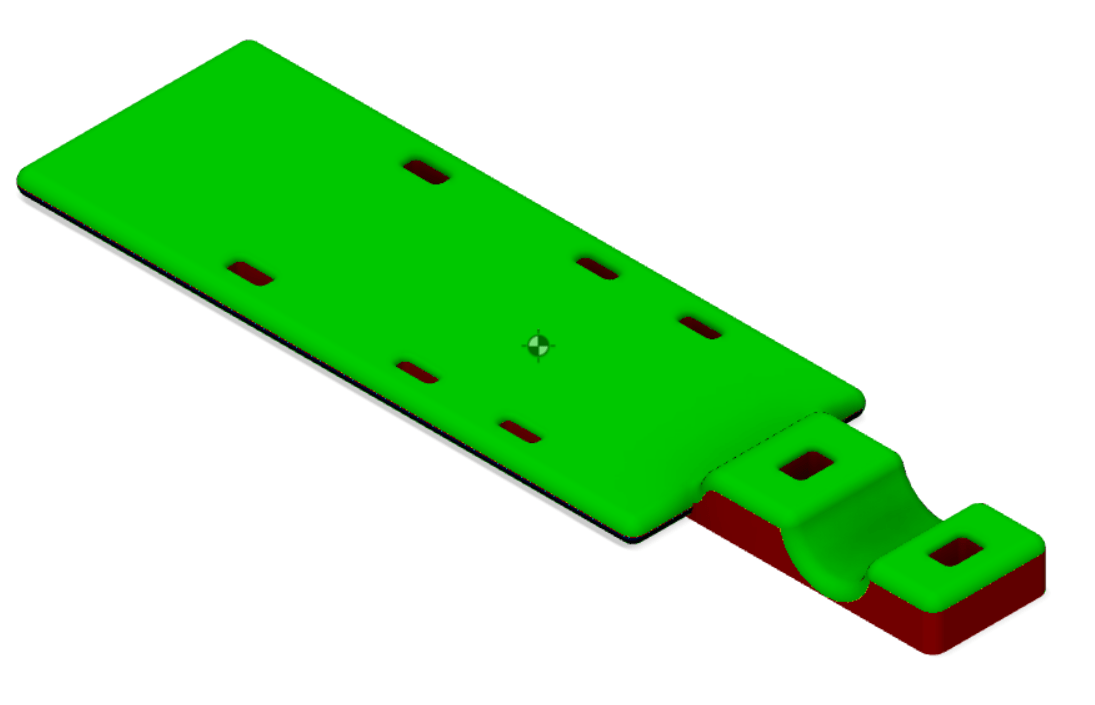
3. Scaling to injection molding
To transition from individual prototypes to injection molding, Fast Radius’ team helped address common injection molding design challenges like wall thickness. The final parts, injection-molded with Nylon 12, are much stronger than original prototypes and can be manufactured in larger volumes without visual or structural flaws.
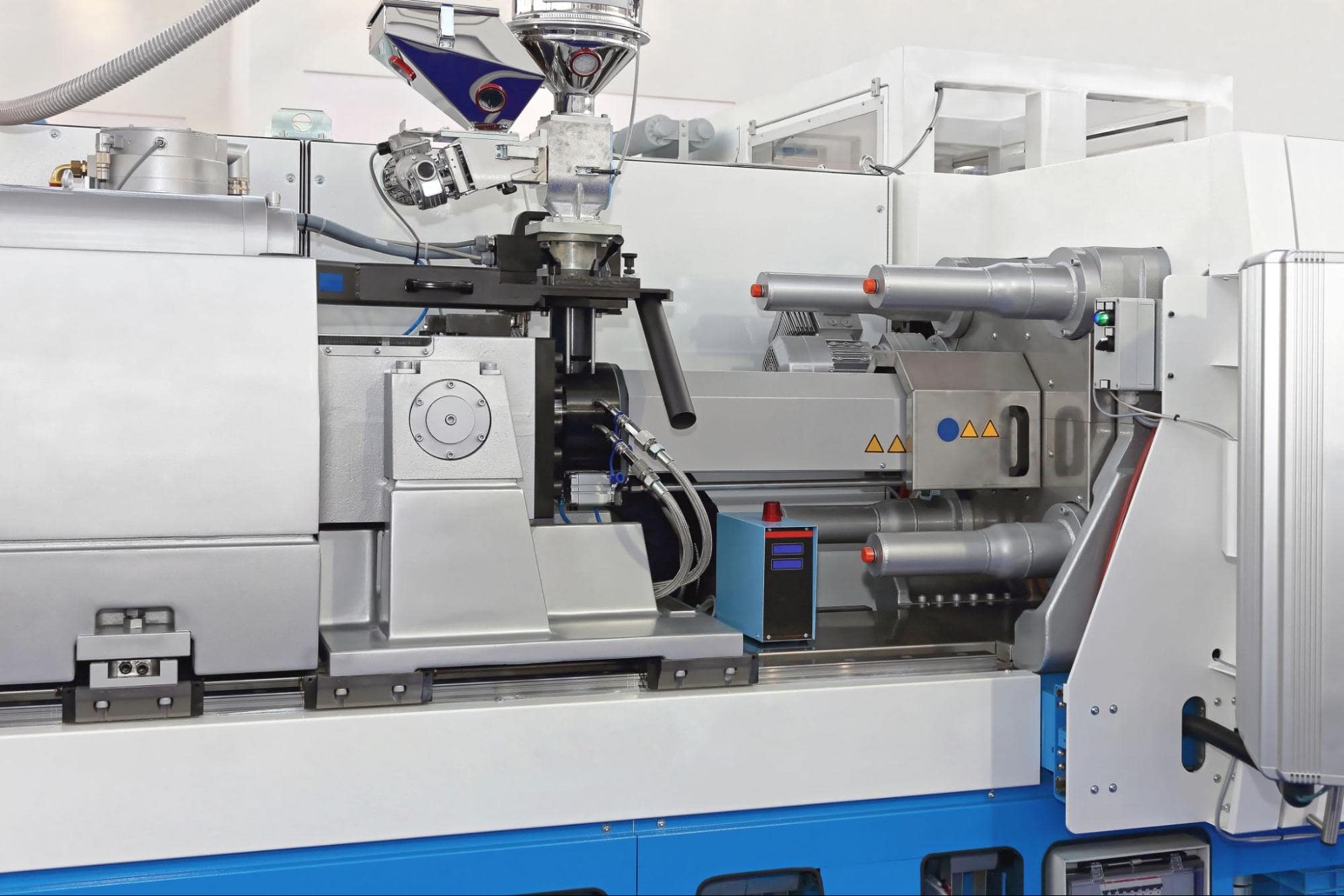
4. Transparent partnership
Developing and scaling a new product can be a massive challenge, especially when navigating the manufacturing industry for the first time. Fast Radius provided Flip Rehab with the insight needed into the process and costs of manufacturing, offering a variety of different manufacturing processes and cost breakdowns to help them make the best decision for their business.
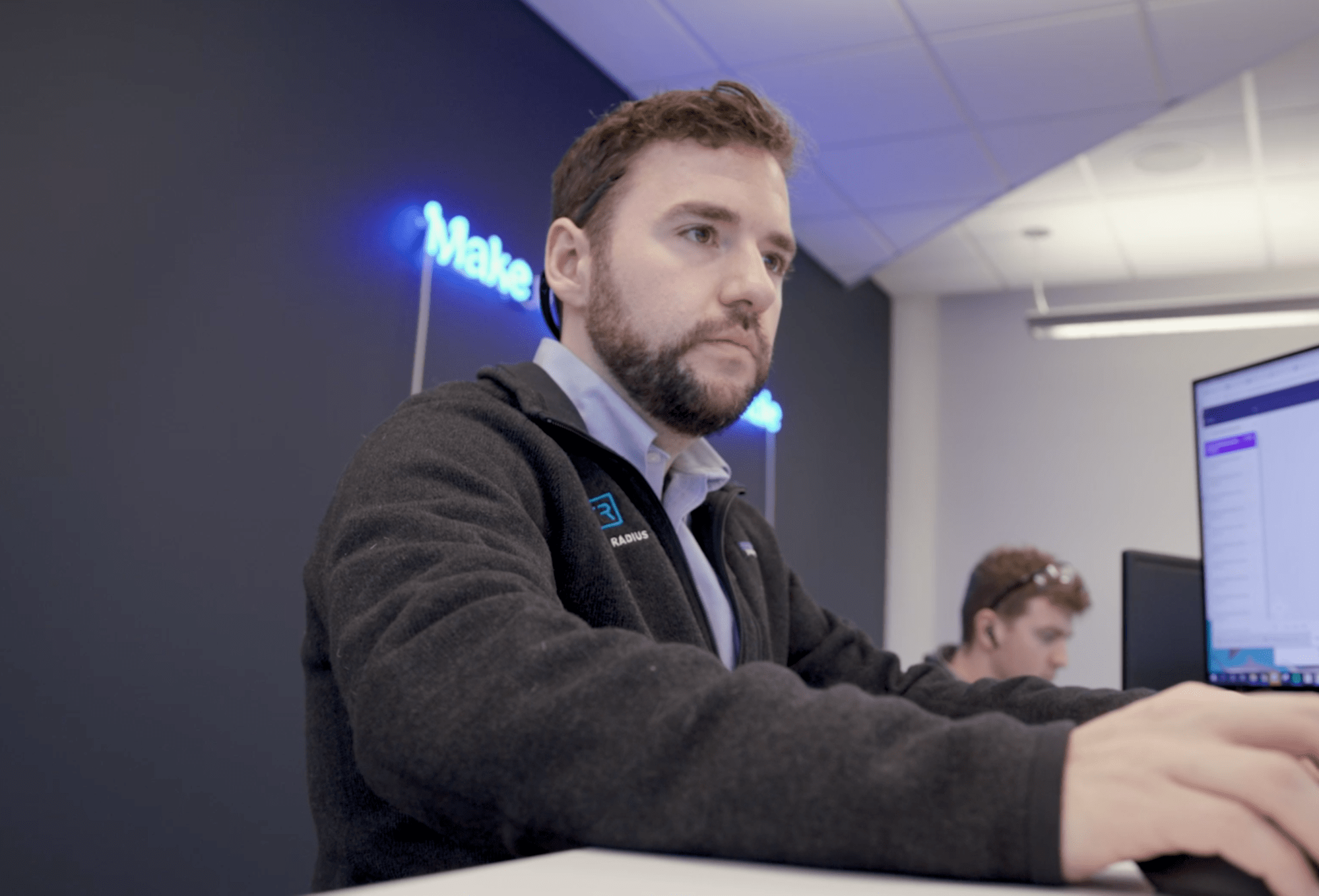
Gallery
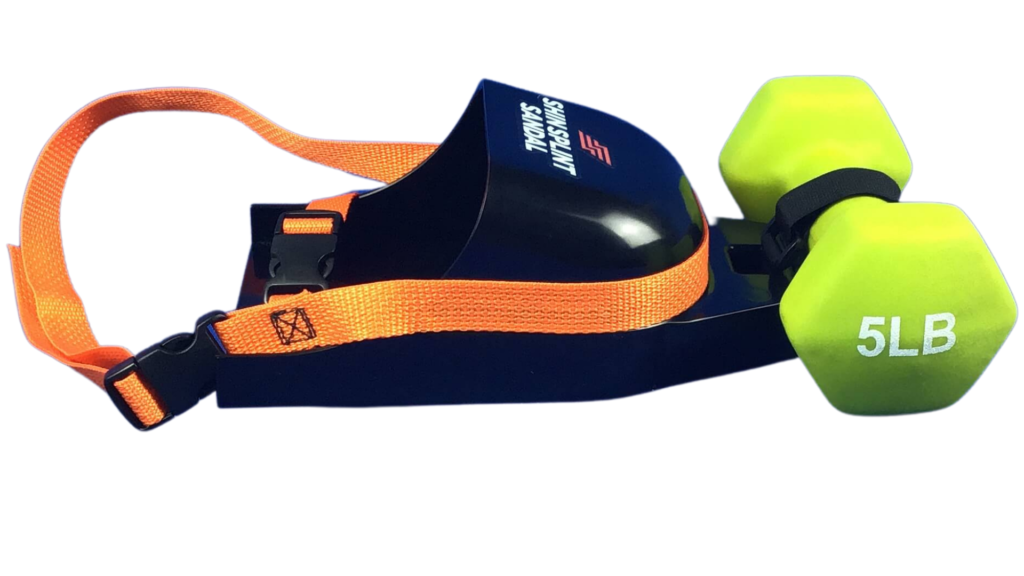
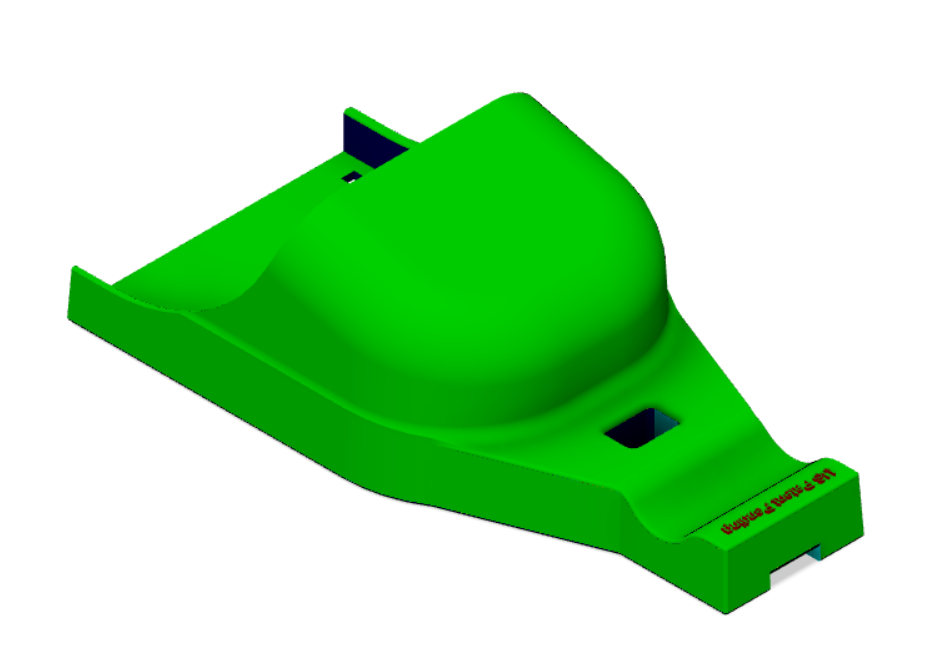
the results
Manufacturing support to refine and scale a new recovery tool
<1 week
turnaround time on average for prototypes
10
FDM prototypes before final designs
500
parts made in first injection molding run
67%
less material used in the final product

 Back
Back

